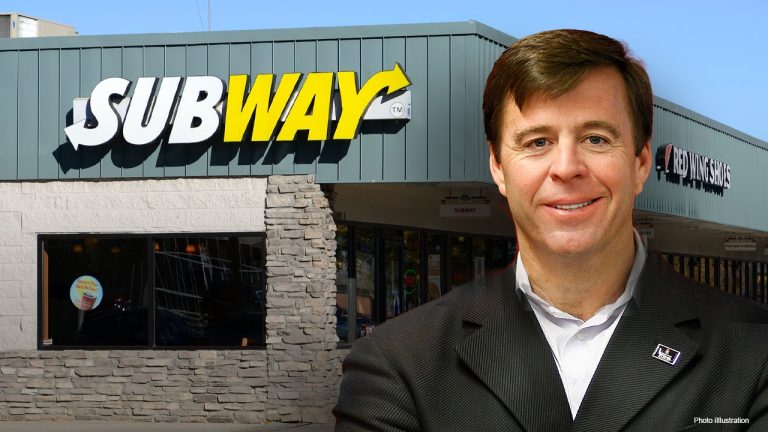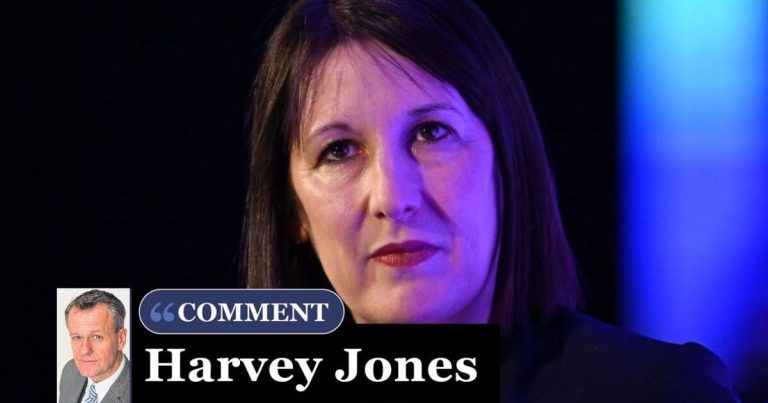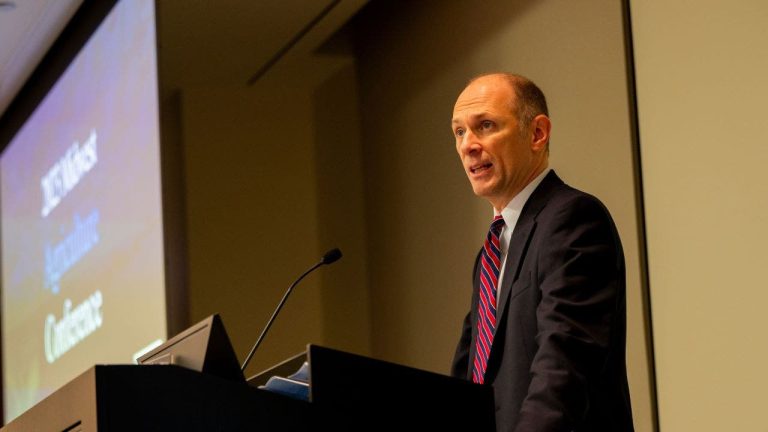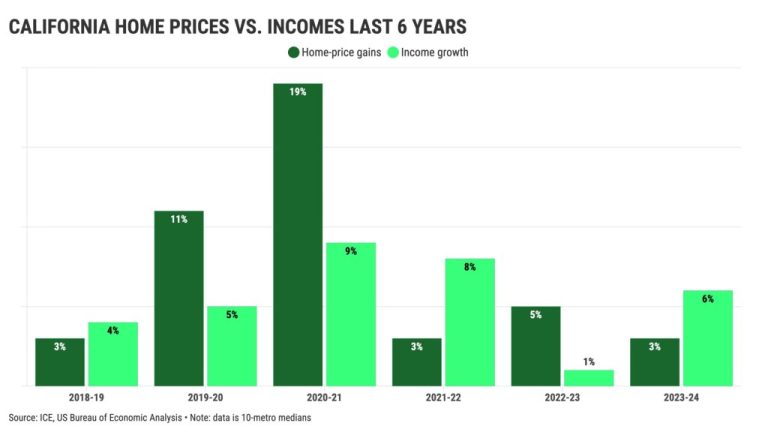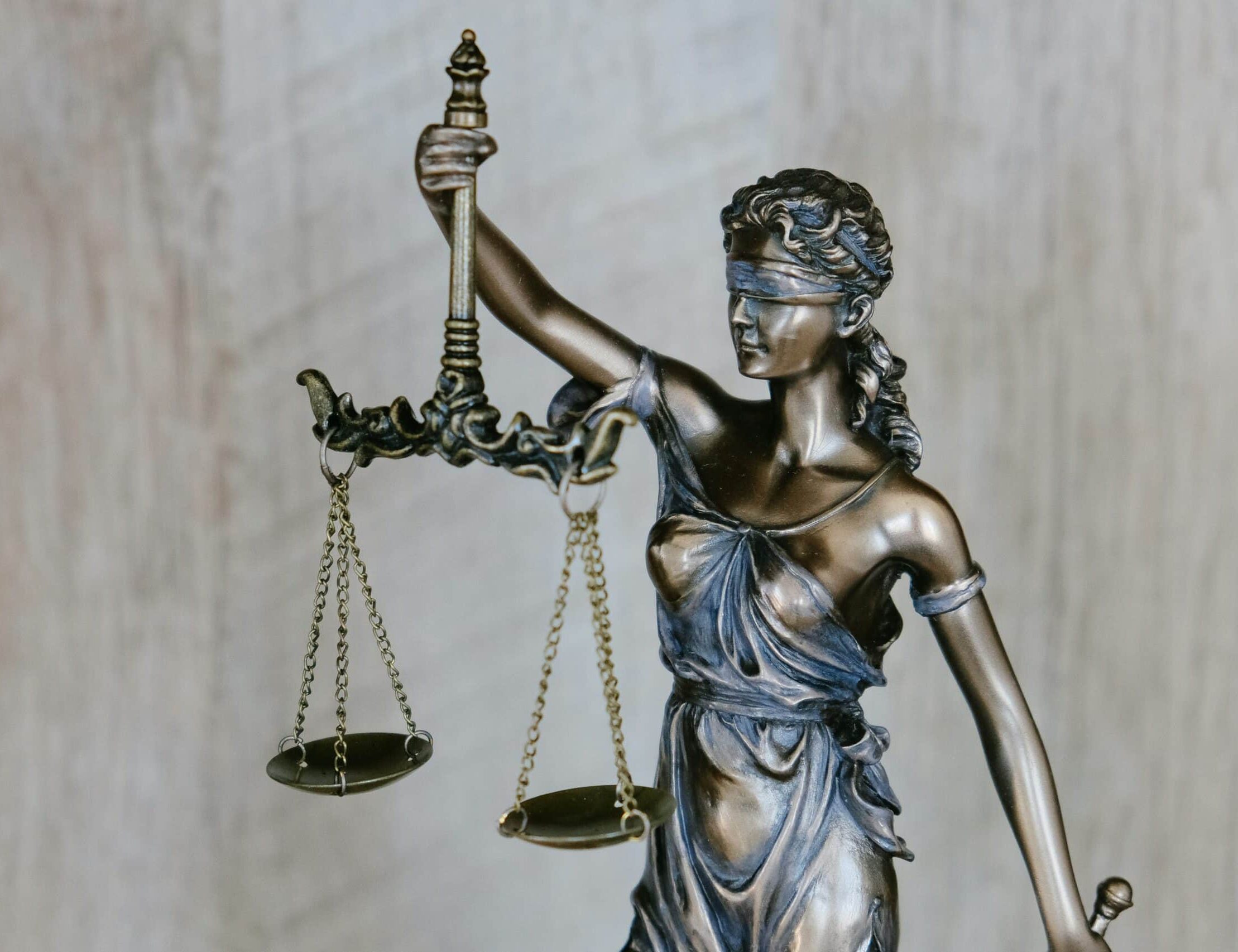
But getting the SEC a clear decision on whether secondary-market crypto purchases are securities transactions could be the key to determining the future of the U.S. crypto market.

The SEC and exchanges have differing ideas on a crucial question of when crypto transactions are securities transactions.
(Tingey Injury Law Firm, Unsplash)
Posted March 24, 2024 at 5:58 pm EST.
As trial begins Monday in the lawsuit filed by the U.S. Securities and Exchange Commission (“SEC”) accusing Terraform Labs and its former CEO Do Kwon of selling certain crypto tokens in violation of the U.S. federal securities laws, we reflect on the potential implications of this case for the broader cryptocurrency industry.
Perhaps what is most significant about the SEC v. Terraform Labs litigation is not what happens at the trial before Judge Jed Rakoff of the U.S. District Court for the Southern District of New York, but rather the implications for secondary crypto trading markets of certain pre-trial rulings that Judge Rakoff made in rejecting the Terraform Labs defendants’ arguments that SEC regulations cannot apply to their crypto sales. As we discuss below, Judge Rakoff’s rulings on this topic in SEC v. Terraform Labs conflict with the decision of Judge Analisa Torres, of the same court in SEC v. Ripple Labs, relating to a question of critical importance for the burgeoning crypto-economy: Do the federal securities laws enforced by the SEC apply when someone trades cryptocurrency on a secondary market exchange? The answer could be the key to determining the future of the U.S. crypto market.
The Basics
New crypto projects generally need startup capital. This is often raised by the company originally developing the project either by selling equity, entering into an agreement to provide tokens (when developed) in exchange for funding, or both. In these cases, the company will conduct direct, individually-negotiated sales of tokens (or agreements to receive tokens) to investors (direct sales). In addition, once the project has launched and the tokens are being publicly traded, the company may continue to engage in direct sales or may undertake indirect blind bid/ask sales of the tokens on third-party crypto marketplaces (indirect sales). The SEC claims that such direct sales are “investment contracts,” which are a type of “securities” transaction that must be registered with the SEC or meet an exemption under the 1933 Securities Act. But what about indirect sales? That question has driven the SEC’s landmark enforcement actions against Ripple Labs and Terraform Labs.
In each of these cases, the SEC has alleged that both direct and indirect sales of tokens can be investment contracts subject to SEC regulations. Both judges agree that direct sales of the relevant tokens were (or at least could be) investment contract securities. But they disagree about whether that holds true for indirect sales. How that conflict is resolved could have major implications for companies engaged in token fundraising. But it will also impact countless market participants who trade in the multi-trillion-dollar crypto secondary market.
Ripple
In SEC v. Ripple Labs, Inc., the SEC alleged that Ripple Labs illegally sold XRP tokens as unregistered investment contract securities to finance the growth of the Ripple ecosystem. Ripple did so, according to the SEC, in both direct sales of XRP tokens to institutional investors (described by Judges Torres as “institutional sales”) and indirect sales of XRP tokens via crypto asset marketplaces where XRP was already actively traded (described by Judge Torres as “programmatic sales”). After years of litigation, Judge Torres agreed with the SEC that institutional sales were securities transactions because “reasonable investors would understand that Ripple would use the capital received from its “institutional sales” to improve the market for XRP and develop uses for the XRP Ledger.” But Judge Torres reached a different outcome with respect to programmatic sales, emphasizing that because programmatic sales were indirect sales via blind bid/ask transactions, “the Programmatic Buyers could not have known if their payments of money went to Ripple, or any other seller of XRP.” In other words, “the economic reality is that a Programmatic Buyer stood in the same shoes as a secondary market purchaser who did not know to whom or what it was paying its money.”
To be sure, Judge Torres did not categorically rule that blind bid/ask indirect sales can never qualify as securities transactions. Indeed, Judge Torres limited the reach of her opinion, noting that it applied only to programmatic sales of XRP by Ripple and not “whether secondary market sales of XRP [by third parties] constitute offers and sales of investment contracts.” Yet, Judge Torres’ opinion leads to the inescapable conclusion that other fundraisings through indirect sales of tokens may not be securities transactions either. Perhaps more importantly, the judge’s reasoning suggests that non-fundraising secondary sales on crypto asset marketplaces by third parties cannot be securities transactions, absent unusual circumstances. That set the stage for Judge Rakoff’s pointed disagreement in Terraform.
Terraform
In SEC v. Terraform Labs Pte. Ltd, the SEC alleged that Terraform Labs illegally sold various tokens it was instrumental in developing (LUNA, MIR, and a variety of “mAssets”) as unregistered investment contract securities to consumers in direct sales, as well as via indirect sales on crypto marketplaces. But unlike Judge Torres, Judge Rakoff treated both direct and indirect sales by Terraform Labs as securities transactions. In doing so, Judge Rakoff explicitly rejected Ripple’s reasoning. Under Judge Rakoff’s approach, the purchaser’s expectations remained the same for both direct and indirect sales. The fact that indirect sales involved “blind” buyers made no difference to Judge Rakoff, who concluded that Terraform Labs targeted both direct and indirect purchasers with their marketing.
Who’s Right?
Despite their disagreements, Judges Torres and Rakoff concurred on certain fundamental points. First, both judges agreed with the growing consensus among federal courts that tokens alone are mere code, not investment contract securities themselves. Second, both agreed that tokens can become part of an investment contract transaction when they are sold in direct sales for fundraising. On indirect sales, however, the judges disagreed sharply. Judge Torres suggested that indirect sales are not categorically investment contracts because purchasers do not know whether they are buying from the token-creating, fundraising company versus a third party. But Judge Rakoff rejected that distinction based on the facts presented in Terraform. In Judge Rakoff’s view, indirect sales can be investment contracts depending on the nature of the tokens and the pervasiveness of the token creator’s promotion — even if buyers are “blind.”
So, who has the better of the argument as to indirect sales — Judge Torres, or Judge Rakoff?
The short answer: it depends.
Imagine that a hypothetical company creates a binding agreement in which it promises owners of its token a .0001% share of the company’s income for every token they hold. That token would likely be a security, analogous to a stock certificate. The token would effectively transfer rights flowing from the agreement from one purchaser to another — rights that any third party could consider before participating in an indirect sale. Regardless of how the token was acquired, each owner would benefit from this separate agreement and the company’s promise that the token would convey legal rights. If the company reneged on its promises, each holder could sue for their promised share.
For such tokens, Judge Rakoff’s reasoning makes sense. The secondary market consumer acquires rights against an identifiable legal entity. It would make no sense to distinguish between direct and indirect sales given that both types of sales convey the same set of economic rights to a purchaser.
The problem with Judge Rakoff’s holding is that the vast majority of tokens today do not convey such rights. When tokens that do not convey legal rights are sold for capital formation purposes, only the initial purchaser could conceivably benefit from enforceable claims against the seller. That is because the initial purchaser provides capital with an understanding that the money will be used to increase the value of the token. Even if that token-for-capital exchange is not a federal securities transaction, the failure of the company to fulfill its undertakings could give rise to plausible legal claims for damages in appropriate cases.
But what happens when someone purchases that same token from a secondary market participant not affiliated with the company? Here, the purchaser’s funds never reach the company. The purchaser is no longer investing capital to join a common enterprise. And the purchaser almost certainly could not bring a viable lawsuit against the company for contractual damages, given that no promises were ever made to secondary market purchasers. Among other things, there is generally no “privity” between the purchasers and the company, and no consideration provided to the company — two key requirements for any agreement to be enforceable. In that scenario, Judge Torres’ reasoning leads to the correct result: a blind bid/ask sale of a token that does not convey legal rights is generally not an investment contract.
The Takeaway
While these cases certainly will inform how startups conduct token fundraising, the far more important implications of the Torres-Rakoff debate on direct versus indirect fundraising sales concern a different question –– whether non-fundraising secondary sales by third parties on crypto-asset marketplaces are securities transactions. This question is now at the heart of the SEC’s recent enforcement actions against Binance, Coinbase, and Kraken. In all three cases, the SEC and the respective marketplaces have submitted dueling interpretations of how Judge Torres’ and Judge Rakoff’s decisions should inform conclusions on the secondary transactions at issue. Eventually, these district court disagreements will need to be resolved by intermediate circuit courts of appeal and perhaps even the U.S. Supreme Court. Until then, key market participants will continue to face uncertainty — remaining in a legal limbo to which the crypto industry has become accustomed.
Samson A. Enzer is a partner and the chair of the cryptocurrency and fintech practice at Cahill Gordon & Reindel LLP, and Lewis R. Cohen is a founding partner of DLx Law. Nicholas Barile is a law clerk at Cahill.


